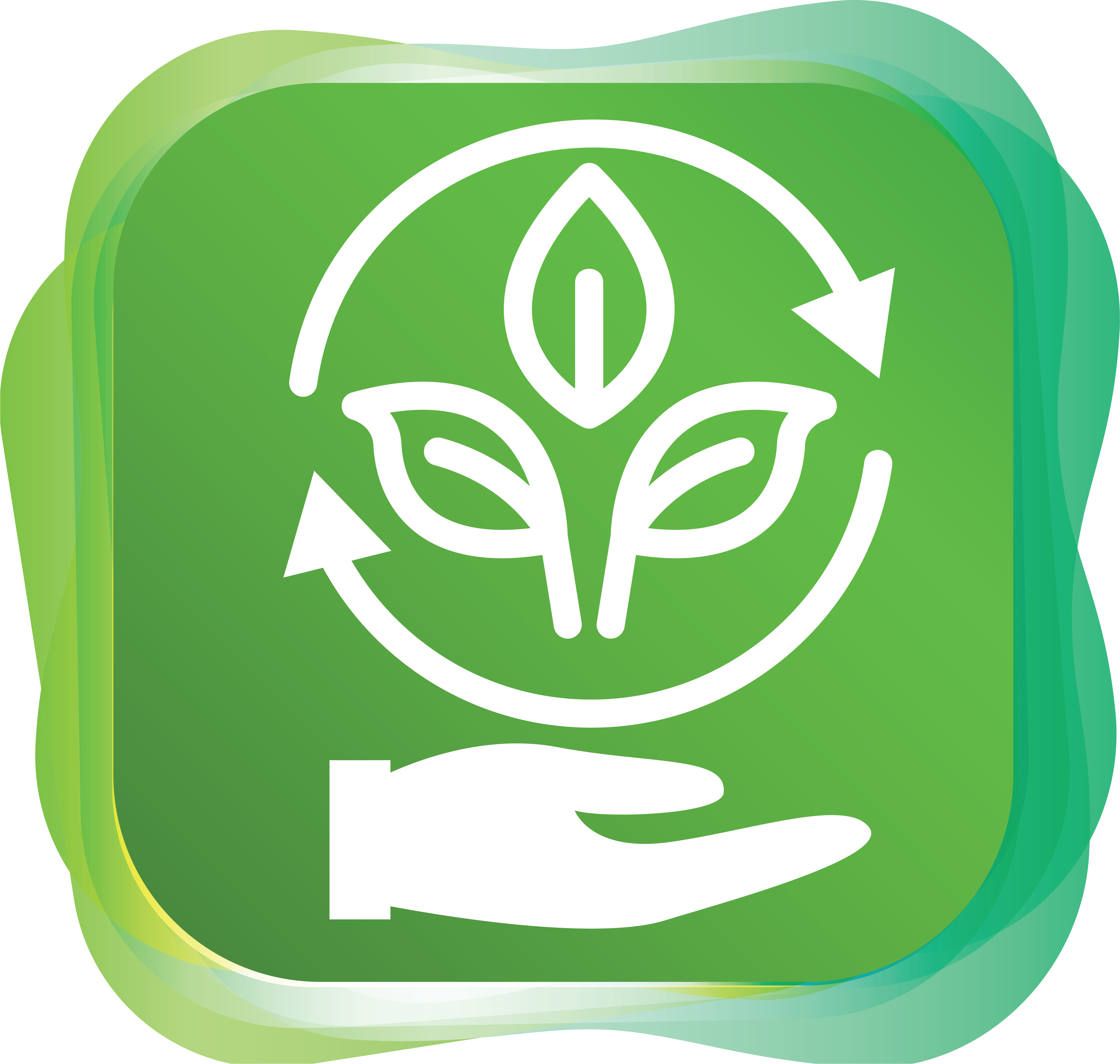 |
CCGL9076 Global IssuesMaterial Matters – Global Perspectives and Local PracticesThis course is under the thematic cluster(s) of:
|
CCGL6002 Material Ecologies: Local Practices and Global Impacts
Course Description
[This is a certified Communication-intensive (CI) Course which meets all of the requirements endorsed by HKU’s Senate, including (i) the teaching assessment of written and visual communication ‘literacies’; and (ii) at least 40% of the course grade is assigned to communication-rich assessment tasks.]
In the era of mass consumption, where acquiring goods from around the globe is as effortless as clicking a button, this course delves into the question: what are the consequences of our purchasing decisions on the environment and communities? In this course, students will approach the challenges and opportunities related to material production and consumption from multiple critical angles, reflecting on material origins, production, ecology, economics, governance, among other relevant factors. After establishing a foundation on the origins of material extraction and production from a historic perspective, the course expands the discourse to encompass contentious topics in contemporary material needs: Industrialisation and human labour, recycling and design innovation, environmental justice and planetary sustainability.
Students will participate in the global dialogue on shaping a material future that prioritizes liveable cities, communities, and responsible consumption and production (SDGs). Subsequently, the course will incorporate global concepts into a local setting by utilizing the physical and digital material library TAL-L (https://tall-materials.org/) enabling hands-on, research-based learning centered around local materials and their environmental performance.
Key learning outcomes encompass understanding the histories, life cycles, ecological footprints, economic importance, and potential for innovation and sustainability of various materials. To achieve these goals, students will participate in weekly hands-on and topical seminars, acquiring practical and theoretical knowledge on material taxonomies, anthropogenic processes, and ecological design approaches. Upon completing the course, students will create their own research-based design proposals reflecting their interests in local and global material practices. Ultimately, this course aims to equip students with a transdisciplinary mindset, enabling them to better understand, critique, and appreciate the material processes surrounding us.
[Two half-day field trips (9:00 – 13:30) within Hong Kong will be organized. Possible dates are September 27, 2025 and October 8, 2025 and students are required to join one of the trips.]

Course Learning Outcomes
On completing the course, students will be able to:
- To demonstrate a greater understanding of the impact of material practices on our environment, which includes concepts of sustainability, site/resource, and fabrication/making practices.
- To identify impacts of ground modification and extraction as a result of sourcing raw materials.
- To understand and evaluate materials and their historical / cultural / social / economical background in global and local context.
- To critically challenge assumptions on production and distribution of materials.
- To test and review material samples and critically analyze their potential.
Offer Semester and Day of Teaching
First semester (Wed)
Study Load
| Activities | Number of hours |
| Lectures | 10 |
| Tutorials | 16 |
| Fieldwork / Visits | 10 |
| Reading / Self-study | 23 |
| Assessment: Essay / Report writing | 15 |
| Assessment: Graphic production | 15 |
| Assessment: Presentation (incl preparation) | 25 |
| Assessment: In-class laboratory and fabrication | 6 |
| Total: | 120 |
Assessment: 100% coursework
| Assessment Tasks | Weighting |
| Reflective journal | 30 |
| In-class participation | 20 |
| Case analysis | 20 |
| Research proposal and presentation | 30 |
Required Reading
- Brigstocke, J. (2021). The Aesthetics of Sand: Reclaiming Hong Kong’s Unsettled Grounds. GeoHumanities, 7(2), 370–390. From https://doi.org/10.1080/2373566X.2020.1847679
- Hutton, J. M., & Creba, A. (2022). Taking Apart Buildings and Systems: In Conversation with Mae Bowley of Re:Purpose Savannah. Architectural design, 92(1), 70-77.
- Knowles, C. (2015). The Flip-Flop Trail and Fragile Globalization. Theory, culture & society, 32(7–8), 231–244.
Required Viewing
- Trumpf, S., & Valin, I. (2022, Dec 15). Taxon: What Are Landscape Materials? From https://www.youtube.com/watch?v=A-ta6yIxRU4 [Video]
- Trumpf, S., & Valin, I. (2022, Dec 15). Archive: How Wo We Index Materials? From https://www.youtube.com/watch?v=W85sC2UE0bk [Video]
- Trumpf, S., & Valin, I. (2022, Dec 15). Lab: How do we work? [Video] From https://www.youtube.com/watch?v=__c1UAqBALI&t=51s
Course Co-ordinator and Teacher(s)
| Course Co-ordinator | Contact |
| Ms S.E. Trumpf Department of Architecture, Faculty of Architecture |
Tel: Email: strumpf@hku.hk |
| Teacher(s) | Contact |
| Ms S.E. Trumpf Department of Architecture, Faculty of Architecture |
Tel: Email: strumpf@hku.hk |

